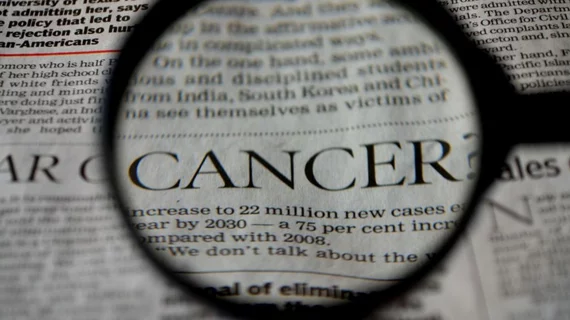Researchers develop method to diagnose pancreatic cancer in patients with early onset diabetes
Researchers from Mayo Clinic have developed a method analyzing blood sugar levels to predict pancreatic cancer up to three years before diagnosis, according to a study published in Gastroenterology.
"Pancreatic cancer is rapidly fatal after its diagnosis, with average survival of six months," said Suresh Chari, MD, a gastroenterologist at Mayo Clinic. "It has also been thought that its course prior to diagnosis is also rapid and that early detection is not feasible. But our studies provide hope that pancreatic cancer can indeed be diagnosed at an earlier stage when it is resectable."
In the study, researchers first plotted blood sugar levels of healthy patients and patients with pancreatic cancer five years before diagnosis. They noted that blood sugar rises 30 to 36 months prior to diagnosis could be used as an indicator to early intervention. In another sample of 600 patients, researchers found the rise in blood sugar correlated to tumor volume at the time of surgical removal.
"In this group, we were able to show that blood sugars rise commensurate with the increasing volume of the tumor. Patients with tumors that were very small, less than one cubic centimeter in volume, had lower blood sugars than patients with larger tumors," Chari said.
Using this data, researchers developed a prediction model capable of identifying patients with new onset diabetes who were at high risk of developing pancreatic cancer. The model, called the ENDPAC score, was able to identify patients with 30- to 40-fold higher risk of having pancreatic cancer.
"Among these patients, the risk of having pancreatic cancer is between four and seven percent," said Chari. "We believe that if these findings are validated, patients who have a high blood sugar and a high ENDPAC score should be thoroughly tested for pancreatic cancer."

